Senior Horowhenua College commerce students hear from local business owners about employment pathways and the realities of being part of the workplace.
The Horowhenua Company Ltd’s work readiness programme ‘Get-Go’ informs students about local career options in Horowhenua. The programme is a pathways to employment initiative, which connects college students, teachers, and local employers.
One component of the programme are the College ‘Snapshot’ visits. These targeted visits inform senior students about career options in the Horowhenua District, and involves employers visiting colleges to speak about their businesses or small groups of students visiting a work place. The sessions are designed for students to connect with real experience and local employers.
In March, Horowhenua College senior commerce students were involved in a practical Q&A session as part of their work on business HR cycle and workplace culture.
Business owners Letitia Montford from Kerridge Group, and Jonathan Tulitt from Snorkel New Zealand, happily answered the range of questions, covering the realities of doing business in 2024 and how it has changed from previous years. Students looking for roles when leaving school need to be aware of what employers are looking for when it comes to “fit” and how an operating culture works.
Letitia and her husband Graham Montford were the “Horowhenua Mayoral Hall of Fame” recipients in 2022. They previously employed over 300 staff in their McDonalds Restaurant Franchise across the Kāpiti and Horowhenua districts. Letitia now owns Kerridge Group which is an interior design importer employing 5 staff and has a flat management structure which is markedly different from the McDonalds system.
Letitia drew from her McDonalds Restaurant experience, in some of the scenarios and from her current business in other questions.
Jonathan is the Managing Director of Snorkel in Levin - a global engineering company based in America. His engineering factory primarily assembles elevated platforms and employs 30 people. He spoke about when he left school his career started in the NZ Airforce at 17 years old and now he is at Snorkel how he has had the opportunity to travel to UK, USA and China to visit their factories.
The students heard different perspectives on how business develops and maintains a positive work place culture. This includes being clear on the business ambition and what success means for the company as well as supporting individual staff from entry level to management development and growth.
At McDonalds there are a lot of first time employees and support is aimed for them to move across the business and then into management. They are able to learn and expand on valuable skills that led to a stepping stone later on outside the business.
Opportunities to share ideas and provide feedback ranged from daily stand ups, open door approach and being visible on the floor as well as monthly staff meeting and using tools as Microsoft teams, to ensure questions are visible and able to be answered quickly.
How businesses gather informally after hours has changed too, depending on the business staff and the wider environment. Informal socialising has changed as times have changed and staff now often prefer coffees and fresh baking and shared morning teas. There is a duty of care as an employer so some employers no longer have any big nights out.
Both business owners recognised the importance of ongoing training for staff. In some organisations (such as McDonald’s) the training programme is formal, well-structured and provide staff opportunities to work their way through the training and competencies. They can then move on to gain roles and degrees outside the industry in management and finance.
Employees gain unit standard qualifications as well as First Aid and Forklift licences at Snorkel. Where they can move on to become a mechanical engineer in the wider industry.
The businesses spoke about what areas of their job is most satisfying, with the main point being having great people do great things, with the freedom to shine and be independent. Employing the right people was also identified as everyone is different, and making sure everyone is staying safe.
Both business leaders said they key challenge is making money in these economic times. They commented that competitors will target tradespeople and offer more money an hour, to come work for them. It makes it very competitive.
A range of retention tools were discussed, such as lunches, Christmas gifts and shopping vouchers as well as offering staff items at cost.
Also, at Snorkel there is a team of car enthusiasts, so they can work on their cars and bikes after hours as there is an extensive workshop with tools and a painting booth to use!
Both said that the key to keeping and developing their team was a great workplace culture and opportunities for staff development.
Thanks Letitia and Jonathan for sharing your experience and knowledge across the various business models from a global business, a franchise model, to private ownership.
Photo : Letitia Montford and Jonathan Tulitt



